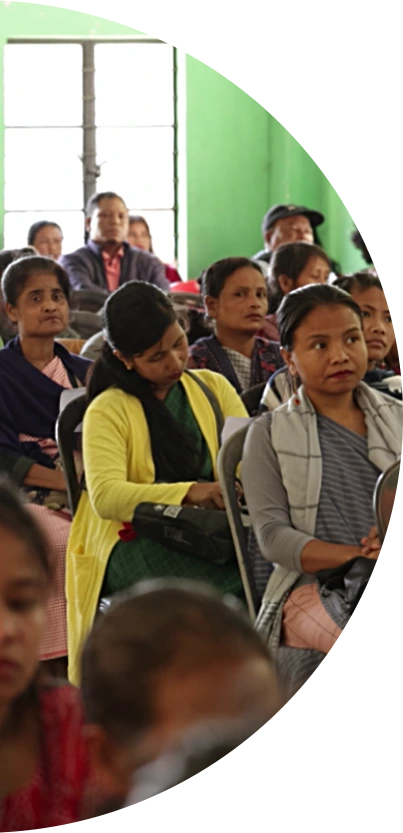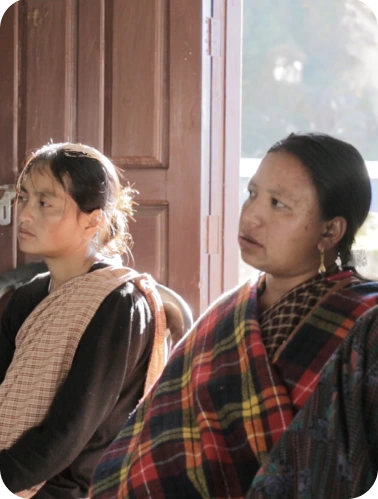Mental Health Policy
The Meghalaya Mental Health Policy aims to promote overall mental health and well-being and facilitate appropriate access and care pathways for every member of society.
It aims to reduce the extent of disability, morbidity, mortality, and social suffering. It seeks to do this by addressing the social determinants of mental ill-health and ensuring cultural security and collaborative engagement with communities in promoting equitable mental health and social care for all.
Its values are those of social justice, life satisfaction, personal recovery and community inclusion and participation.
Roles and Responsibilities
1
Design key performance indicators (KPIs) that will measure not just the impact of each stakeholder, but the impact of cross-sectoral collaborations, and which can inform implementation.
2
Identify the priority mental health issues based on updated data and design programmes or initiatives to address such issues.
3
Conduct multisectoral department convergence meetings to periodically review the progress, highlight implementation challenges, and develop necessary recommendations for improvements.
4
Develop a data repository to ensure long-term and sustainable digital storage of critical data for any future references.
5

Collaborate with education, health and social welfare departments to identify vulnerable groups particularly teenage mothers, orphans and persons with disabilities, most importantly in their critical situations including perinatal stage, accidents, life-threatening surgeries, etc.
Design a detailed training plan to bridge such gaps; including setting objectives, and developing an action plan and the training structure.
Identification of vulnerable groups
Training SessionS
Collaborate with education, health and social welfare departments to identify vulnerable groups particularly teenage mothers, orphans and persons with disabilities, most importantly in their critical situations including perinatal stage, accidents, life-threatening surgeries, etc.
Devise programmes for early diagnosis of people living with largely ignored disorders such as anorexia, dyslexia and postpartum depression.
Strategies and refer to these vulnerable populations, appropriate mental health facilities for further prognosis and treatment.
Community Awareness
Develop culturally-adapted IEC campaigns to destigmatize mental health as part of basic mental health literacy campaigns to increase awareness of the impacts of mental health on well-being and physical health, and to destigmatize mental health.
Engage with VHCs as platforms for information dissemination, sensitization and peer support systems. These platforms can also serve as a means for leveraging community practices and local traditions to develop culturally congruent public mental health systems.
To leverage the trust between traditional healers and communities, the SMH-PIU shall consult and conduct capacity-building programmes for traditional healers to develop and enhance their understanding of mental health.Initiate a referral system whereby in extenuating cases, the traditional healers can refer those in extreme distress to district mental health care providers.
Mental Health and Social Care policy that aims to reduce stigma and build a robust system to address Mental Health, the State Mental Health Helpline 14410 was launched- an on-call mental health assistance designed to improve access to affordable and quality mental health services in the State.

Over 50